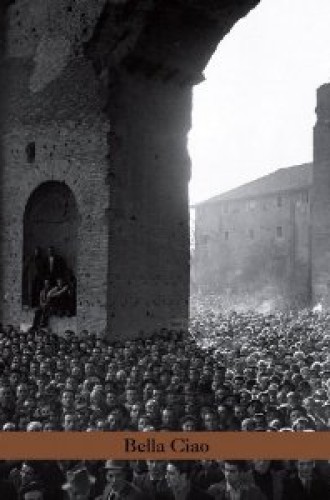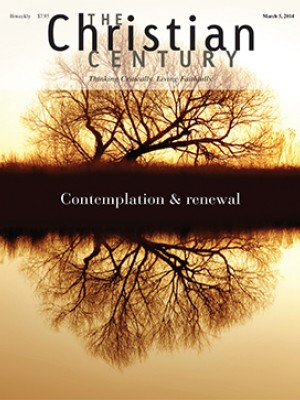Bella Ciao, by Barbez
In the digital age, music albums are often seen as quaint, obsolete. Yet a well-crafted collection of songs often carries with it a narrative arc, even when the compositions lack words. That’s exactly the case with the latest album by the Brooklyn-based band Barbez. Its 11 tracks are rescued—literally—from the liturgical songs of Roman Jews that even Nazi hatred and genocide could not wipe out.
Rome’s Jewish community dates to two centuries before Christ, and some of the melodies that form this project’s backbone may be nearly that old. Yet they were almost lost—twice. The first time was around 1904, when changes to Jewish worship in Rome made many of these liturgical melodies obsolete. The second time was when the Gestapo sent some 2,000 Roman Jews to Auschwitz. Only 16 came back alive.
Read our latest issue or browse back issues.
No wonder Leo Levi, an ethnomusicologist, the Alan Lomax of Italy, felt an urgency to record elderly Roman Jews singing their fading rites after World War II. Half a century later, Barbez leader Dan Kaufman was introduced to the recordings by Yotam Haber, a 2005 Guggenheim fellow. Kaufman traveled to Rome for ten days, immersing himself in this lost musical world. The result is an album that walks the tightrope between ancient tradition and modern reinvention with panache.
Bella Ciao sets a high bar for itself and leaps over it with daring musicianship—and has the guts to reinterpret artifacts some would fear to touch. The album features flourishes of ancient folk, free jazz, spaghetti western guitar, and experimental rock. On the opening track, “Shema Koli,” Kaufman and crew dish a shambling mix of drums, clarinet, and vibraphone. It thrills like an action movie theme spied through the keyhole of a World War II safe house—in a Holocaust film telling a story no director has yet touched.
Barbez brilliantly threads these Roman Jewish melodies through the eye of an avant-rock needle. The result: a largely instrumental tapestry that’s fresh, bracing, and often mournful. “Yoshev Beseter” mixes tremolo guitar, violin, and distant, marshal snare rolls fit for a funeral procession—until tribal drums lift the melody like a diver bobbing up from the depths.
And the title track, with its female vocal sung in Italian, sounds like a three-way collision of Italian pop balladry, hippie folk, and Velvet Underground minimalism. It’s plaintive and passionate all at once, epic in its sweep without sounding pretentious:
Not quite rock, not quite free jazz, not quite like anything you’ve ever heard, Bella Ciao is music made for closing your eyes and opening your mind. Listen to it with headphones on a rainy Saturday, and it will take you to places that history and literature forgot.






